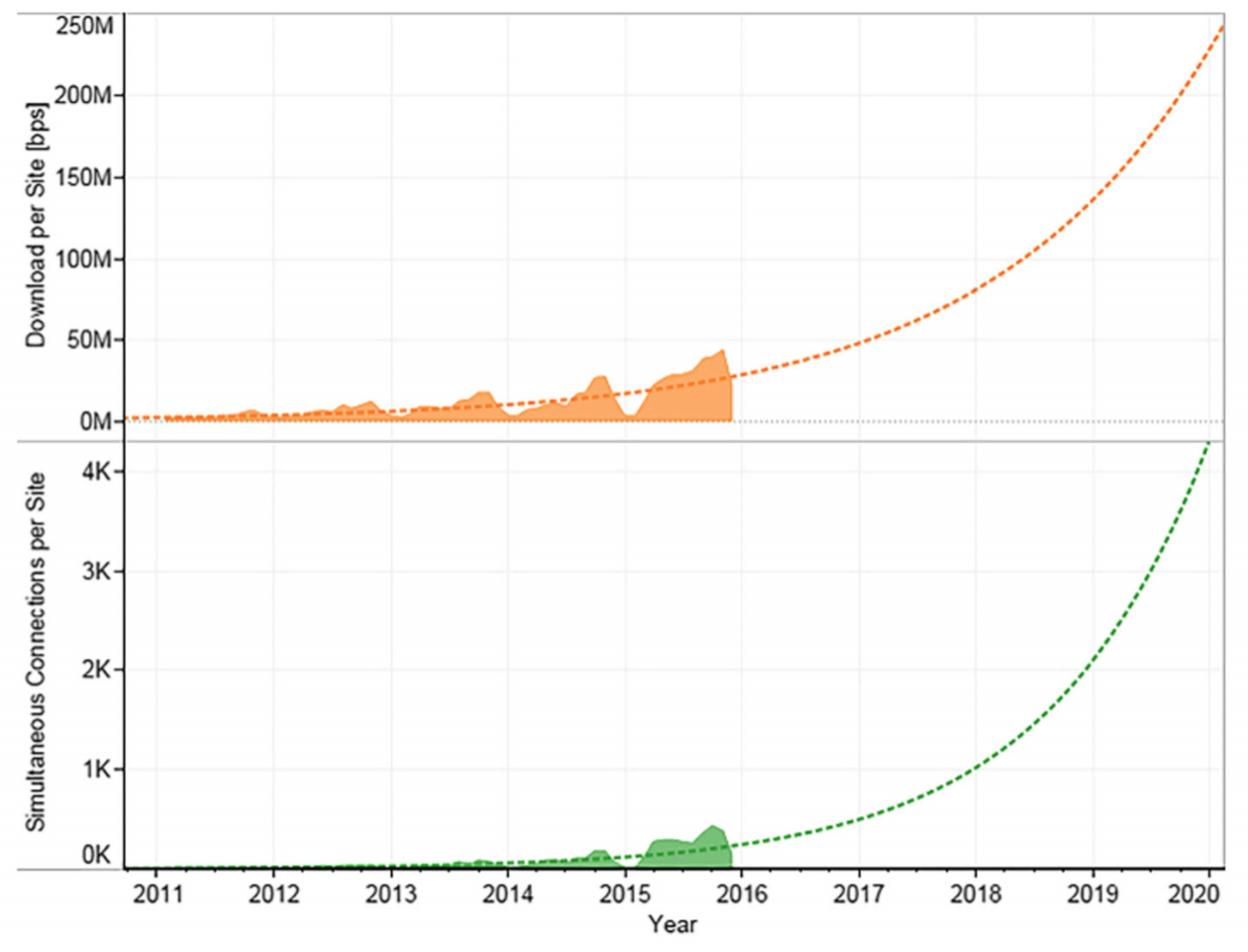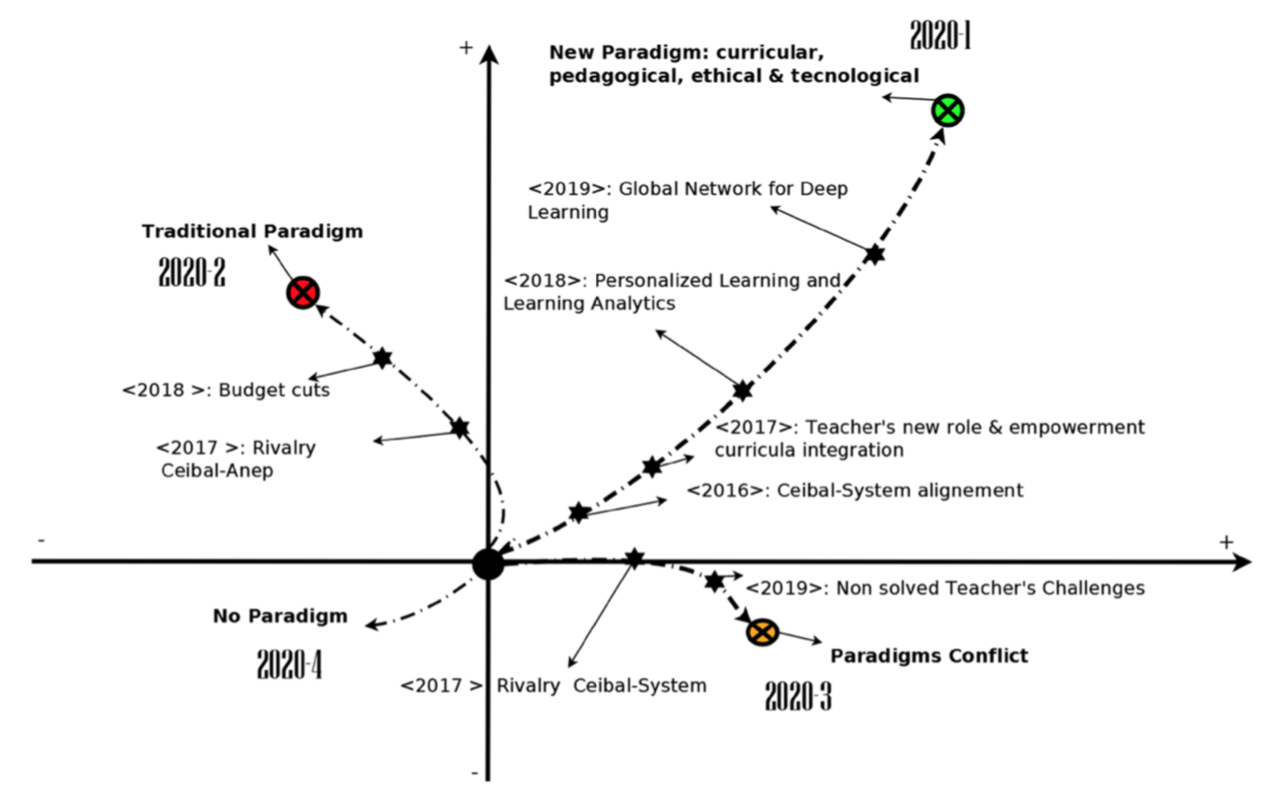Plan Ceibal 2020: Future scenarios for technology and education
The case of the Uruguayan public education system
by John Moravec
For media inquiries, contact:
hello@educationfutures.com
by John Moravec
For media inquiries, contact:
hello@educationfutures.com

I am pleased to have collaborated with Matías Mateu and Cristóbal Cobo on the publication of research regarding the future of Uruguay's national technological and innovation policy initiative, Plan Ceibal. As this paper is directly related to Matías' master's thesis, Cristóbal and I took on largely advisory roles to support his work. The paper, which is now available as a preprint, will be published in the European Journal of Futures Research in December, 2018.
The full text of the paper is available via ResearchGate.
At Plan Ceibal, Matías served as its technical manager from 2012-2017, co-leading the implementation of the telecommunications infrastructure and adoption of new technologies at all public schools in Uruguay. For this work, he was able to tap into and analyze a large amount of data that illustrated the exponential growth in data consumption and access in schools, facilitated by Plan Ceibal. From 2011 to 2015, traffic doubled every 1.5 years, and connections had doubled roughly every year.

So, what does this growth mean for Plan Ceibal's future? For this purpose, two panels (consisting of 20 internal participants and 25 international experts external to the program) were set up to conduct a Delphi study to look at the future of new technologies that may be adopted and to identify strategies to counter challenges these new technologies might bring to education. Four scenarios were generated, which are detailed in the paper:

Our findings suggest that problems and challenges presented by new technological innovations in education are not solved by adopting or employing more technology. Integrating the Delphi findings with the data analysis, we found that the key challenges were not technological, but social and cultural factors. As we look toward the future some of the challenges that need to be addressed are:
We hope that by sharing our futures approach to analyzing ICT policy can help other nations, particularly those with middle-to-high incomes with strong orientations toward public education.
Education Futures LLC
+1 612-234-1231
hello@educationfutures.com
Subscribe to our newsletter
Follow us on: LinkedIn | Facebook